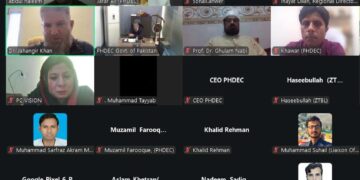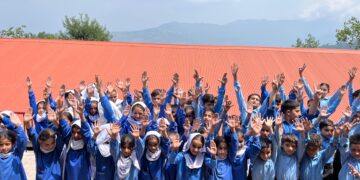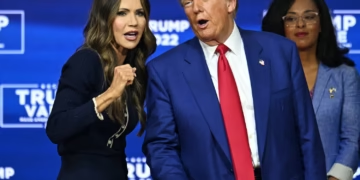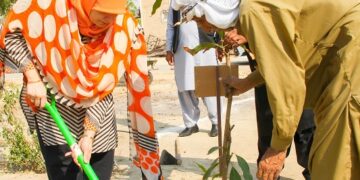Pakistan cannot survive without radical reforms, Direction of the economy is scarcely inspiring
Shahid Rasheed Butt, a former president of the Islamabad Chamber of Commerce and Industry (ICCI), said on Thursday that the government needs to move quickly to address structural issues that impede growth.
He stated that the government should properly handle issues such as unemployment, interest rates, power tariffs, public debt, and circular debt.
He continued that a further decline in living standards is possible due to persistent structural issues, as the economy is undergoing significant disorders.
Shahid Rasheed Butt stated in a statement made public here that while growth is encouraging, it is not adequate because per capita income growth is still declining, public debt is still rising, and rates of unemployment and poverty are too high.
He warned that the government must enact drastic reforms to solve long-standing issues and realise the economy’s full potential; otherwise, we will continue to see low growth, massive debt, and declining living standards.
The business leader insisted that the administration must implement determined structural and budgetary reforms without delay, in addition to sound monetary and financial policies.
Shahid Rasheed Butt stated that in order to permanently move the economy onto a higher and more inclusive growth path, the government must move quickly to execute the necessary reforms.
He underlined the need for structural changes to promote economic growth, job creation, prosperity, and the private sector’s involvement.
He said that to increase investment and jobs; the government must make a concerted effort to enhance the business environment and remove trade barriers. Reaping reform benefits requires strengthening governance and lowering corruption.
Debt should steadily decline instead of rising, while safeguarding the most vulnerable. He said it is to assist in adjustment and reduce fiscal risks, strengthen the procurement framework, enhance public investment management, and enhance the institutional fiscal framework.
He said SBP should only contemplate policy rate reductions if inflation steadily decreases. He added that to keep inflationary pressures under control, some policies will need to be tightened, and the flexible exchange rate is anticipated to serve as a shock absorber.
He noted that the government has many obstacles to overcome, such as slowing real per capita growth, high unemployment, poverty, inequality, and mounting public debt.
According to Shahid Rasheed Butt, the country’s worst economic difficulty was made clear by a prominent politician’s criticism of the IMF’s aims and objectives.
The politician with a reputation for conflicting with the IMF has a track record of confronting the lender, which has resulted in severe problems for Pakistan.
He has now questioned the IMF’s intentions toward Pakistan and provided information on how the Fund has previously delayed financing the nation for over eight months.
His comments have severely revealed the most recent problems with Pakistan’s continuous IMF connection.
With 24 IMF loans already under its belt, Pakistan has earned the reputation of being a chronic borrower and has a limited record of noteworthy performance.
He observed that our country now faces its worst financial situation due to years of recurrent inability to improve its external and domestic financial positions.
Islamabad’s inability to obtain enough foreign funding to balance its books has been the leading cause of the most recent delay in the IMF reaching a final deal, and our current financial and economic trajectory is scarcely encouraging.
The widespread response to the yearly budget for this year has only served to confirm the widespread belief that Pakistan is experiencing a horrible “elite capture.”
While a small group of people in the nation endure the most of the taxation and revenue collection, a sizable group of wealthy cats in other places are exempt from paying their fair share. This needs to change for Pakistan’s future. Reducing public spending is also necessary, as it has steadily increased for a long time.
He said that Pakistan is facing significant internal and international issues, which raises serious concerns about the people in power.




















